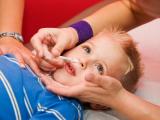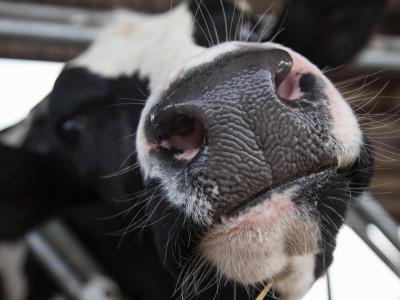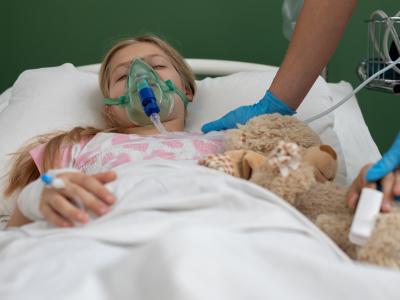NIAID to study simultaneous seasonal-flu, pandemic vaccination
The head of the US National Institute of Allergy and Infectious Diseases (NIAID) said the agency will approve a study of whether vaccines for the pandemic H1N1 virus and seasonal flu can be given at the same time, the Canadian Press reported today. Meanwhile, Canada has plans to test whether people who have egg allergies can be given flu vaccines produced in eggs, a step now considered too risky. The studies are among a number planned in preparation for a likely H1N1 vaccination drive this fall.
Advice to pregnant women sows confusion in UK
Messages from two health groups in Britain yesterday caused confusion about the dangers posed by the novel H1N1virus to women who are pregnant or may become pregnant, according to a TimesOnline report. The Royal College of Midwives said pregnant women should not use public transport, while the National Childbirth Trust suggested that women delay pregnancy until the pandemic ends. Government health officials described the groups' advice as extreme and said their advice to women had not changed.
[Jul 20 TimesOnline report]
ECDC assesses pandemic risks
In a risk assessment published today, the European Centre for Disease Prevention and Control (ECDC) said to expect 20% to 30% of the population to be affected during the next wave of pandemic H1N1, with the attack rate highest in children and young adults. Though it admits uncertainty, the ECDC says a "reasonable" assumption is a hospitalization rate of 1% to 2%. It also estimates a case-fatality rate of 0.1% to 0.2% and says, "this pandemic can severely stress healthcare systems."
Security guards to protect Tamiflu depots in Britain
Security guards will be used to protect oseltamivir (Tamiflu) supplies when more than 100 distribution centers are set up in the United Kingdom this week, according to a report by Metro, a free British newspaper. The location of the centers will be kept secret until they are set to open. Richard Hampton of the National Health Service said there is concern about theft and the safety of workers at the centers. Plans call for giving the drug to patients who describe symptoms over the phone.
[Jul 20 Metro story]
Canada sees decline in flu-like illness
Canada saw a decrease in people with flu-like symptoms last week, suggesting that community transmission of the H1N1 virus is decreasing, Canwest News Service reported today. Most cases have been mild, but there were still "pockets of more severe disease" in some communities, Health Minister Leona Aglukkaq said at a Jul 17 press conference, according to the story.
[Jul 20 Canwest story]
Egypt reports its first H1N1 fatality
Egypt reported its first death from the novel H1N1 virus, involving a young woman who fell ill while on a Muslim pilgrimage to Saudi Arabia, Reuters reported yesterday. The woman, who had a heart condition due to rheumatic fever, was hospitalized after she returned to Egypt and died Jul 18, the health ministry said. Other reports listed the woman's age as 25. Egypt has had confirmed 130 H1N1 cases, including 10 new ones reported yesterday, the state news agency said.
[Jul 19 Reuters report]
Air carriers list restrictions on suspected H1N1 patients
Two British air carriers, British Airways and Virgin Atlantic, announced they would increase restrictions on passengers with suspected H1N1 infections, according to an Agence France-Presse (AFP) report. If a customer looks sick, the airport staff can call in a medical team for advice, the story said. If the medical team is concerned, the customer will be asked to produce a "fit-to-fly" certificate from a doctor or hospital.
[Jul 20 AFP story]
















